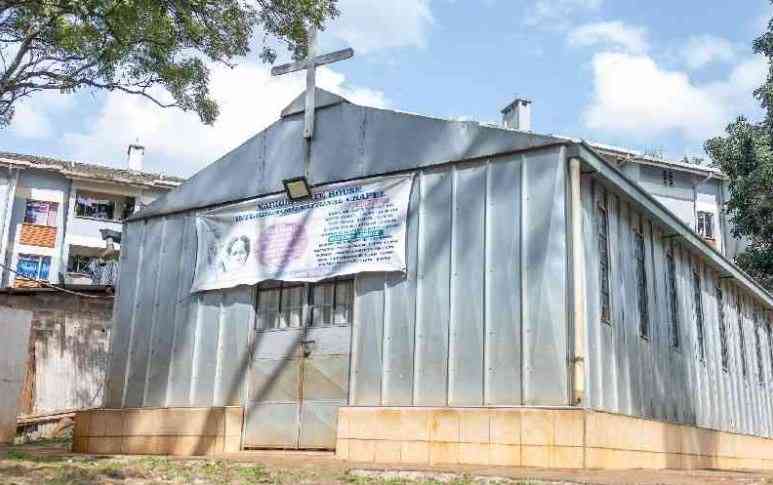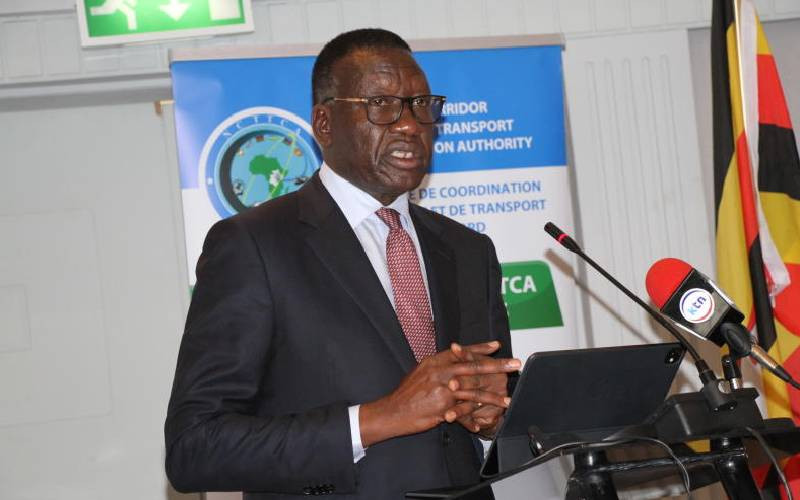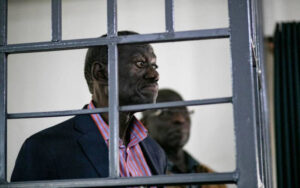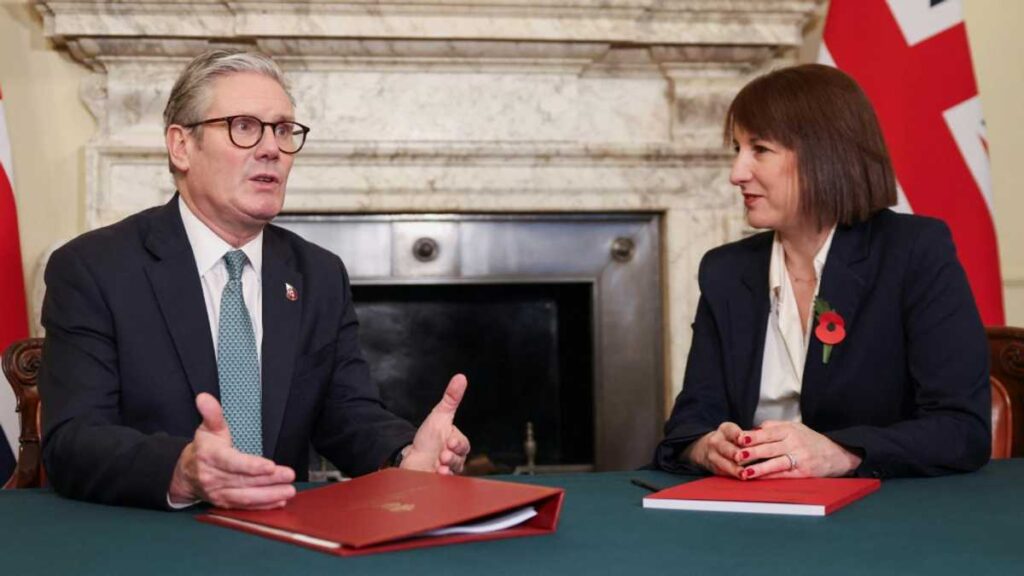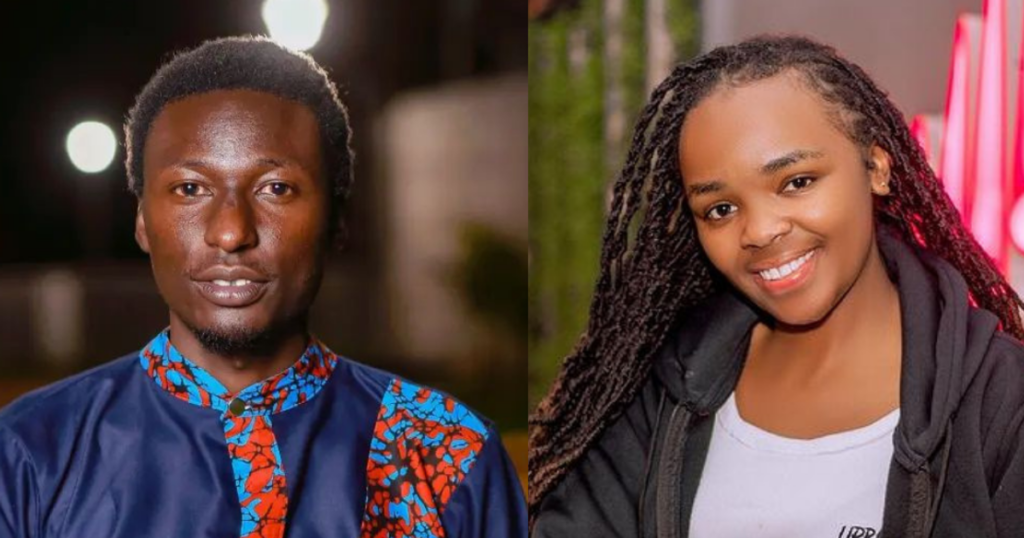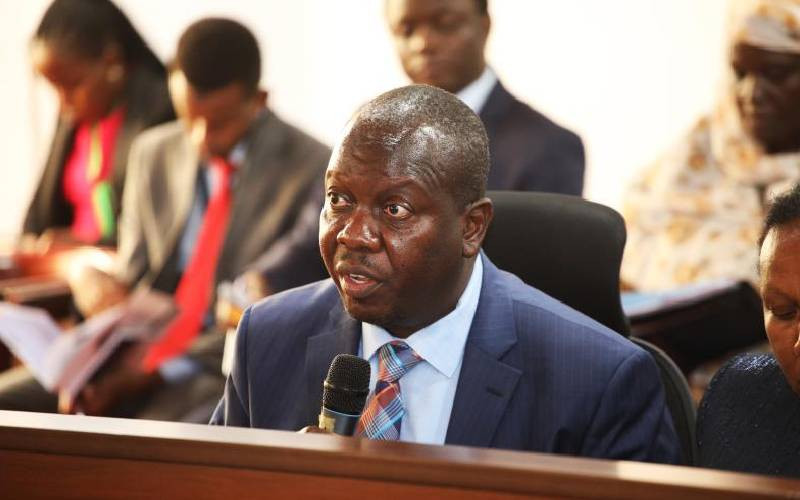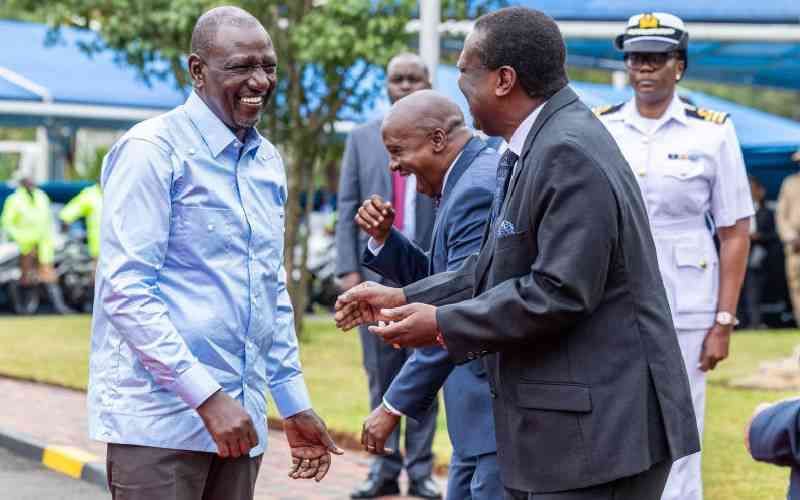President William Ruto can continue building the Sh1.2 billion church at State House after the court ordered that two cases challenging the construction be heard on 22 September 2025, without issuing orders stopping the same.
This is after Attorney General Dorcas Oduor raised an objection that the constitutional court had no authority to hear a case on land use. According to her lawyer, Emmanuel Bitta, the appropriate forum should have been the Environment and Land Court.
“The Honourable Court is expressly barred by the provisions of Article 165 (5)(b) as read together with Article 162 (2)(b) of the Constitution and Sections 4 and 11 of the Environment and Land Court Act from hearing and determining any disputes arising from the use, occupation of and title to land, including public land,” argued Bitta.
Lawyer Levi Munyeri said Dr Ruto had admitted that he was building a church with a seating capacity of 8,000. He, however, argued that the project ought to have been subjected to the views of Kenyans and open to competitive bidding.
According to his lawyer, Edwin Magu, the President cannot use his resources, as a private citizen, to carry out a government project.
“The construction of a church on public land using the resources of a private citizen undermines well-established constitutional provisions of no state religion, national values of public participation, transparency, rule of law, equality and non-discrimination,” argued Magu.
He said the Constitution is clear that Kenya is a secular State. He stated that the project was being carried out in secrecy and in violation of the doctrine of separation of church and State.
Magu further said the project was a recipe for religious tensions, as others equally had a right to demand their sanctuaries be built on the land where State House is.
“There is an imminent risk of the construction of a church at State House grossly undermining the constitutional provision that declares there is no state religion and the doctrine of separation of church and State, if allowed to continue with the construction,” said Magu.
In the case, Munyeri claimed the President had discriminated against other religious groups. He questioned why Dr Ruto was not building a mosque, a temple and a shrine, each worth the same amount of money as the church.
He said that the President’s actions amounted to endorsing Christianity as the superior religion in the country. The lawyer asserted that State House does not need a church, as this is not part of the presidential functions.
“Unless the orders sought herein are granted, the presidency will technically impose a state religion, dilute the separation of state and religion, and set a dangerous precedent on the use of public land by private citizens,” he said.
In his supporting affidavit, Munyeri said there is a detailed architectural design and drawing of the structure. He said the President had also admitted that there was an ongoing construction of a sanctuary.








